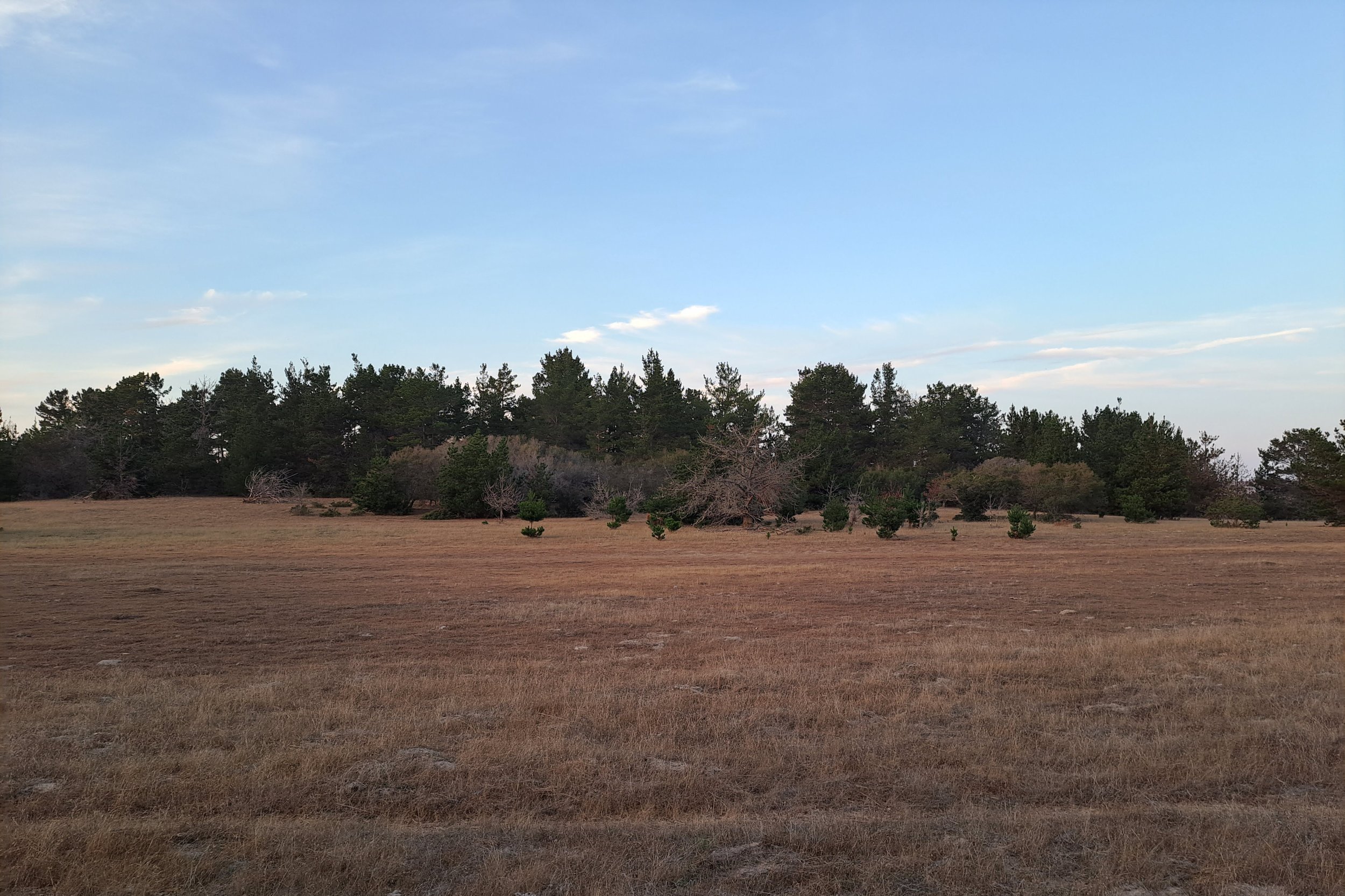Theme: The church in Smyrna suffered immensely for their faith. Jesus comforts them with His resurrection and knowledge, commends them for their true wealth, exhorts them not to fear and to be faithful, while promising them a crown and ultimate victory.
Jesus’ Comfort (8)
8 “And to the angel of the church in Smyrna write: ‘The words of the first and the last, who died and came to life.
v8: Smyrna:
Created by Alexander the Great, 300 years before Christ.
Large, beautiful, and proud — they claimed to be the ‘glory of Asia.’ (Barclay).
Rich due to trade, with notable trade in wines.
They led the charge in Emperor worship.
- Eventually they worshipped dead Emperors and, finally, living ones.
- In 196 b.c. they built the first temple to Dea Roma — the goddess of Rome.
- In 23 a.d. they won the privilege (over 11 other cities) to build the first temple to worship Tiberius Caesar.
- Domitian began demanding worship around the time of this letter. Burn a pinch of incense, say, “Caesar is Lord,” get your certificate, and move on in peace.
The church in Smyrna: No record of its planting.Their eventual pastor was Polycarp, a likely disciple of John. His martyrdom is the first recorded outside of the New Testament.
v8: The words of the first and the last, who died and came to life: This description is taken from the first portion of the book (1:11, 17). “First and last” are titles that belong to God (Isaiah 41:4, 44:6, 48:12).
Jesus’ comfort: I have been to the extreme reaches of suffering and have come back from it!
Smyrna needed to hear this — the resurrection helps us stay sane in trial and persecution.
Jesus is the firstfruits: 1 Corinthians 15:20–21 (ESV)—20 But in fact Christ has been raised from the dead, the firstfruits of those who have fallen asleep. 21 For as by a man came death, by a man has come also the resurrection of the dead.
9 I know your tribulation and your poverty (but you are rich) and the slander of those who say that they are Jews and are not, but are a synagogue of Satan.
v9: I know: Their suffering had not escaped His sight.
Jesus’ comfort: I have intimate knowledge of all you’re enduring!
He saw three main things.
I know your tribulation: He knew about the pressure (of persecution). Like grinding wheat or crushing grapes, the church in Smyrna was under immense pressure. They were pressed.
I know…your poverty: He knew they had become financially poor, most likely due to economic persecution. Their lack of allegiance to the Emperor created a witch hunt.
I know…the slander: It seems the persecution in Smyrna had been spearheaded by the religious Jews in that town, who Christ calls a synagogue of Satan (His view of things).
Jesus’ Commendation (9)
9 …but you are rich…
They might have been the poorest, but they were the wealthiest.
Contrast to Laodicea: Revelation 3:17 (ESV)—17 For you say, I am rich, I have prospered, and I need nothing, not realizing that you are wretched, pitiable, poor, blind, and naked. \
They had the true riches: no decay, no rust, no fading, no theft.
Jesus gave a parable of a rich man who stored up crops in order to eat, drink, and be merry (Luke 12:16-21).
- Luke 12:20–21 (ESV)—20 But God said to him, ‘Fool! This night your soul is required of you, and the things you have prepared, whose will they be?’ 21 So is the one who lays up treasure for himself and is not rich toward God.”
- All of that illustrated an exhortation to a man arguing with his brother about an inheritance: Luke 12:15 (ESV)—15 “…one’s life does not consist in the abundance of his possessions.”
Jesus makes a way for deeper meaning: “as sorrowful, yet always rejoicing; as poor, yet making many rich; as having nothing, yet possessing everything.” (2 Corinthians 6:10, ESV)
Jesus’ Exhortation (10)
10a Do not fear what you are about to suffer. Behold, the devil is about to throw some of you into prison, that you may be tested, and for ten days you will have tribulation.
v10: Do not fear what you are about to suffer:
What was this exhortation rooted in?
- Not their lack of suffering — they had no promise of escape; this was a preparatory word.
- Not their current attitude — we should not see persecuted believers as super-human.
- But the cross — Jesus had gone through it and was now glorified.
10b Be faithful unto death, and I will give you the crown of life.
v10: Be faithful unto death: Keep your strong conviction.
Jesus’ Promise (10b-11)
10b Be faithful unto death, and I will give you the crown of life.11 He who has an ear, let him hear what the Spirit says to the churches. The one who conquers will not be hurt by the second death.
v10 Crown of life: This is the crown of a trophy, a winning athlete. Through tribulation the crown is extracted.
v11: Not be hurt by the second death: The second death is hell, the lake of fire (Revelation 20:14 and 21:8).
11 Let him hear what the Spirit says:
We are thankful this letter has been written — persecuted believers of all time have benefited from it.





